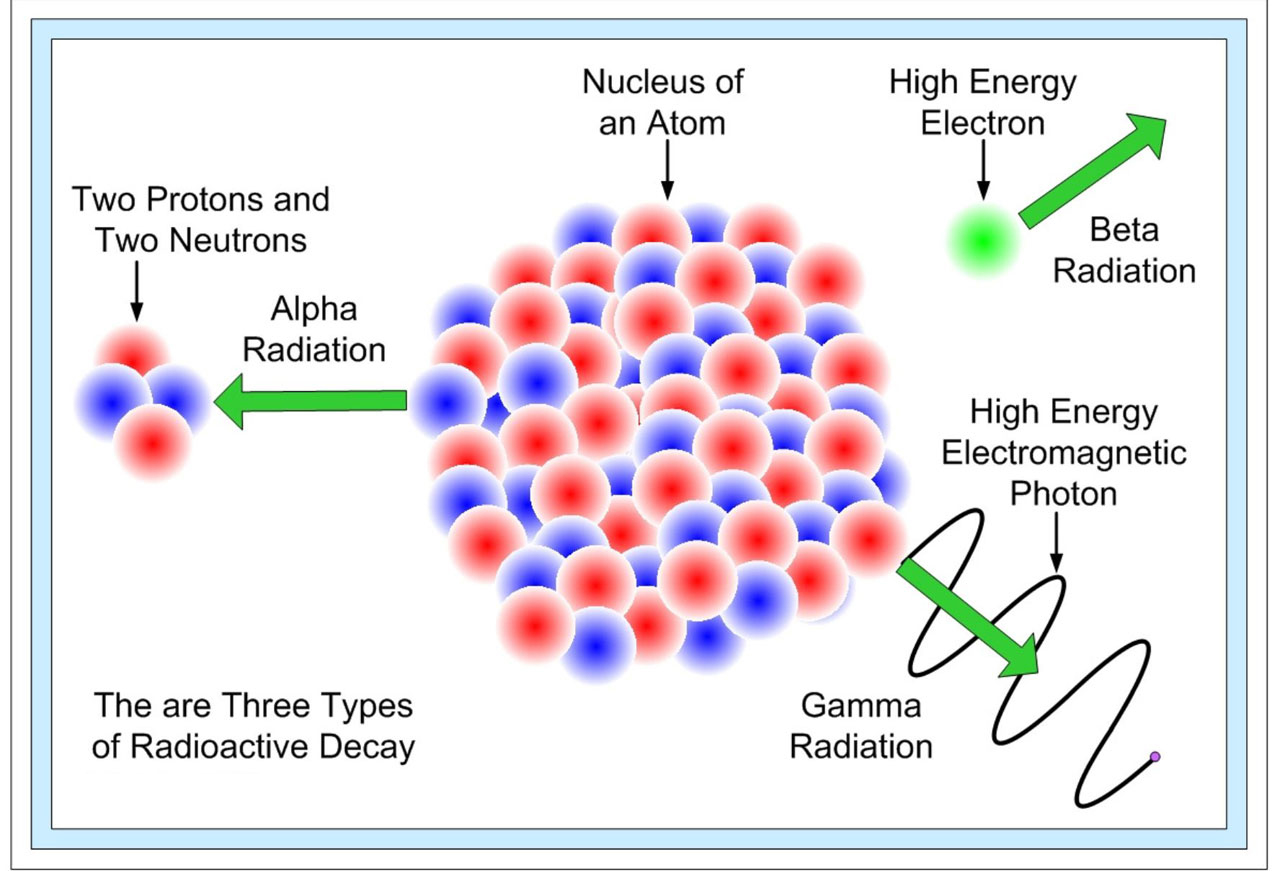Nuclear Reaction Binding Energy And Rate Of Decay
Nuclear Reaction Binding Energy And Rate Of Decay, Indeed recently has been hunted by consumers around us, perhaps one of you personally. People now are accustomed to using the internet in gadgets to view video and image information for inspiration, and according to the name of this article I will discuss about
If the posting of this site is beneficial to our suport by spreading article posts of this site to social media marketing accounts which you have such as for example Facebook, Instagram and others or can also bookmark this blog page.
Using einsteins mass energy equivalence formula e mc2 the amount of energy released can be determined.
Are sloths related to bears. Start studying physics chapter 9394 nuclear binding energy and mass decay nuclear reactions. S by the total volume of the core v gives us the total number of reactions occurring in the reactor core per unit time. For reaction and binding energies and activity calculations in nuclear physics.
Q values affect reaction rates. The mass of a nucleus is always less than the sum of masses of the constituent protons and neutrons when. Nuclear binding energy is the energy required to split a nucleus of an atom into its components.
In nuclear physics and chemistry the q value for a reaction is the amount of energy absorbed or released during the nuclear reaction. 9 nuclear reaction rates. Neutron decay by increasing the neutron number the gain in binding energy of a nucleus due to the volume term is exceeded by the loss due to the growing asymmetry.
In a nuclear reaction the total relativistic energy is conserved. Identify exactly what needs to be determined in the problem identify the unknowns. Reaction rate and reactor power calculation.
Bertulani texas am commerce 2 91 nuclear decays. Both result in a mass defect and the release of energy both of which can be calculated. Alpha decay involves the release of a helium nucleus.
But we also know the amount of energy released per one fission reaction to be about 200 mevfissionnow it is possible to determine the rate of energy release power. Introducon to astrophysics c. Learn vocabulary terms and more with flashcards games and other study tools.
Nuclear binding energy is used to determine whether fission or fusion will be a favorable process. The energy released in this nuclear reaction is more than 100000 times greater than that of a typical chemical reaction even though the decay of 14 c is a relatively low energy nuclear reaction. In general the larger the positive q value for the reaction.
This will allow you to decide whether the energy of a decay or nuclear reaction is involved for example or whether the problem is primarily concerned with activity rate of decay. Its source is the nuclear binding energy. Because the energy changes in nuclear reactions are so large they are often expressed in kiloelectronvolts 1 kev 10 3 ev megaelectronvolts 1 mev 10 6 ev and even gigaelectronvolts 1 gev.
It can be determined from the masses of reactants and products. The missing rest mass must therefore reappear as kinetic energy released in the reaction. The value relates to the enthalpy of a chemical reaction or the energy of radioactive decay products.
The mass defect of a nucleus represents the mass of the energy binding the nucleus and is the difference between the mass of a nucleus and the sum of.








